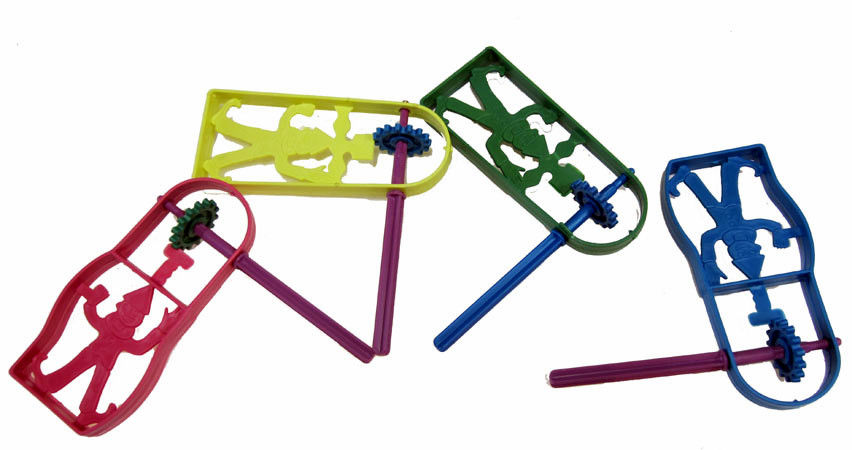The days between Rosh HaShanah and Yom Kippur are taken seriously in Israel… you can feel it in the air.
The young women spend the year studying Torah in the mornings and in the afternoons they act as “big sisters” for children who for many social reasons can’t live at their own homes. It’s a tremendous growth experience for all of us.
This week the classes are used for introspection and learning how to do “teshuva.” Teshuva means “return” – returning to the straight path that will lead us to achieving our spiritual potential.
That means leaving our bad choices behind us (the ones that turned us away from Godliness) and choosing to do better.
Maimonides, the 12th century sage in his classic text “Mishneh Torah” teaches us there are four steps to this process:
- STOP – doing the mistake
- ADMIT – before God that you made the mistake
- REGRET – the mistake (I would have been better off not doing it)
- COMMIT – to not making the mistake in the future
Sounds easy, but it’s harder than you think.
By the way, I used the word “mistake” rather than “sin” on purpose. The closest term in Hebrew for “sin” is “chet.” “Chet” is an archery term which means to “miss the target.” You were aiming for a bulls-eye, but somehow you missed. In archery, you learn from your mistake, regret missing the target, re-aim, and try again! No time for wallowing in guilt.
We all want to be good. We are aiming in life to be successful, but sometimes we miss the target, for many reasons. The Torah view of “chet” “sin” “mistake” is that we should admit that we erred, re-aim and resolve to do better.
May you all be blessed to learn from your mistakes and achieve your potential!
Rabbi Shmuel Veffer





0 Comments